The Passing Of Pope Francis: His Impact On The Catholic Church
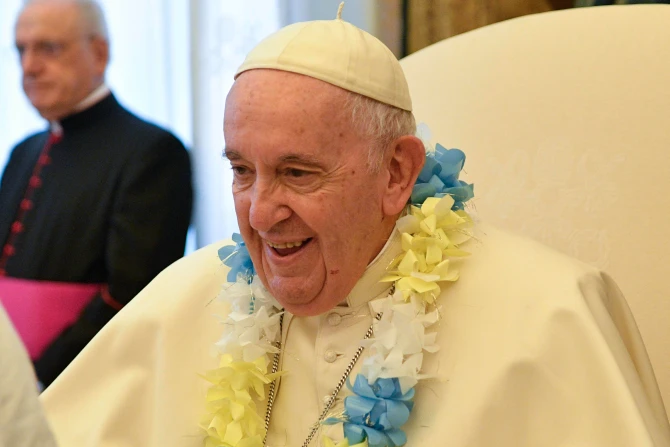
Table of Contents
Pope Francis's Social Justice Initiatives and their Lasting Effect
Pope Francis consistently prioritized the poor, the marginalized, and the vulnerable. His papacy was characterized by a profound emphasis on Catholic social justice, a theme woven into the fabric of his teachings and actions. This commitment is evident in several key areas:
-
Laudato Si’ and Environmental Stewardship: His encyclical Laudato Si’ (On Care for Our Common Home) served as a clarion call for environmental protection and sustainable practices, placing ecological concerns at the heart of Catholic social teaching. It sparked global conversations on climate change and its impact on the most vulnerable populations. This focus on the interconnectedness of social justice and environmental responsibility will undoubtedly continue to shape Catholic social action.
-
Refugees and Migrants: Pope Francis consistently advocated for the rights and dignity of refugees and migrants, urging compassion and solidarity from the international community. His visits to refugee camps and his outspoken criticism of anti-immigrant policies resonated widely, influencing policy debates and prompting humanitarian initiatives across the globe.
-
Critique of Wealth Inequality: He consistently challenged the structures of economic inequality, condemning the concentration of wealth and power in the hands of a few. His calls for a more just and equitable distribution of resources remain a cornerstone of his social justice legacy. This commitment to combating poverty and inequality is a crucial element of Catholic social justice and will be central to future discussions about economic fairness within the Church.
Ecumenical Efforts and Interfaith Dialogue under Pope Francis
Pope Francis demonstrated an unprecedented commitment to ecumenism and interfaith dialogue. He fostered stronger bonds with other Christian denominations and actively engaged with leaders of various faiths.
-
Meetings with Religious Leaders: His meetings with leaders from diverse religious traditions, including Orthodox Patriarchs, Anglican bishops, and representatives of Islam, Judaism, and other faiths, symbolize his dedication to fostering mutual understanding and respect.
-
Joint Declarations: The signing of several joint declarations with other religious leaders on shared ethical concerns further strengthened interfaith cooperation and highlighted common ground. These efforts have created opportunities for collaboration on issues such as peacebuilding, social justice, and environmental protection.
-
Promoting Interfaith Understanding: His consistent emphasis on the importance of dialogue and mutual respect among faiths contributed to a more inclusive and tolerant climate within society at large. This emphasis on shared values and collaboration across religious boundaries serves as a model for future interfaith cooperation.
Reforms and Modernization within the Catholic Church during the Papacy of Pope Francis
Pope Francis initiated significant reforms within the Catholic Church, tackling complex issues and challenging traditional structures.
-
Changes to the Curia: He restructured the Curia (the Vatican's administrative body), aiming to improve its efficiency and transparency. These reforms aimed to reduce bureaucracy and enhance accountability within the Church's administration.
-
Focus on Synodality: He promoted synodality, a process of shared decision-making and greater participation of the laity in Church governance. This represents a significant shift towards a more participatory and collaborative approach within the Church.
-
Addressing Clerical Abuse Scandals: He acknowledged the gravity of the clerical sexual abuse crisis, implementing measures to protect children and hold abusers accountable. Although reforms in this area continue to be a challenge, his commitment to addressing this issue is a significant part of his legacy.
The Impact of Pope Francis on Global Catholicism
Pope Francis's papacy profoundly shaped the Catholic Church worldwide, though its reception varied across different regions.
-
Impact on Latin America: His influence was particularly significant in Latin America, his home continent, where his emphasis on social justice and liberation theology resonated deeply.
-
Africa and Asia: His messages of peace, reconciliation, and inclusivity also impacted Africa and Asia, fostering greater dialogue between the Church and local cultures.
-
Future of Catholicism: His legacy will undoubtedly influence the future direction of the Catholic Church, shaping debates on social justice, ecumenism, and the role of the Church in a rapidly changing world.
Reflecting on the Passing of Pope Francis and his Enduring Legacy
The passing of Pope Francis marks the end of a transformative papacy. His commitment to social justice, his efforts towards ecumenical dialogue, and his attempts at internal reform have left an indelible mark on the Catholic Church and the global community. While challenges remain, his legacy serves as a powerful reminder of the Church's potential to be a force for good in the world. Learn more about the life and legacy of Pope Francis and consider how his teachings continue to shape the Catholic Church, and how the passing of Pope Francis's impact will continue to resonate. Understanding the passing of Pope Francis and its implications is crucial for grasping the future direction of Catholicism.

Featured Posts
-
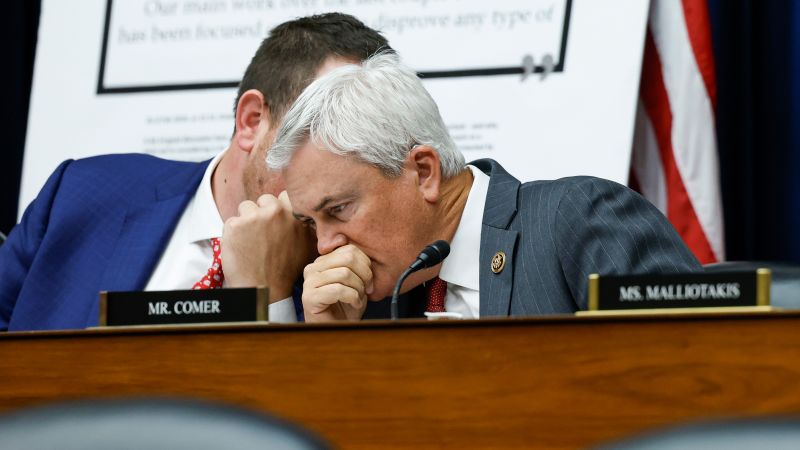 Lab Owner Pleads Guilty To Falsifying Covid 19 Test Results
Apr 22, 2025
Lab Owner Pleads Guilty To Falsifying Covid 19 Test Results
Apr 22, 2025 -
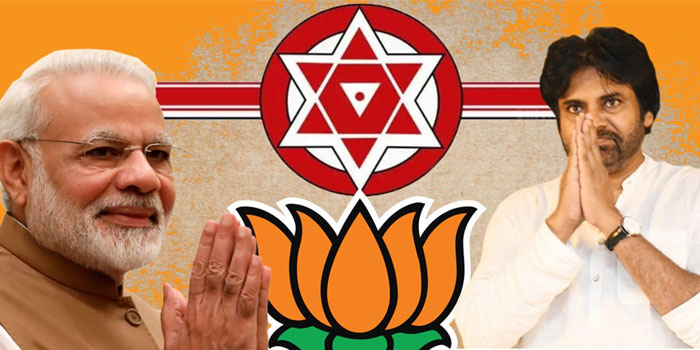 The Future Of Google Is Breakup Inevitable
Apr 22, 2025
The Future Of Google Is Breakup Inevitable
Apr 22, 2025 -
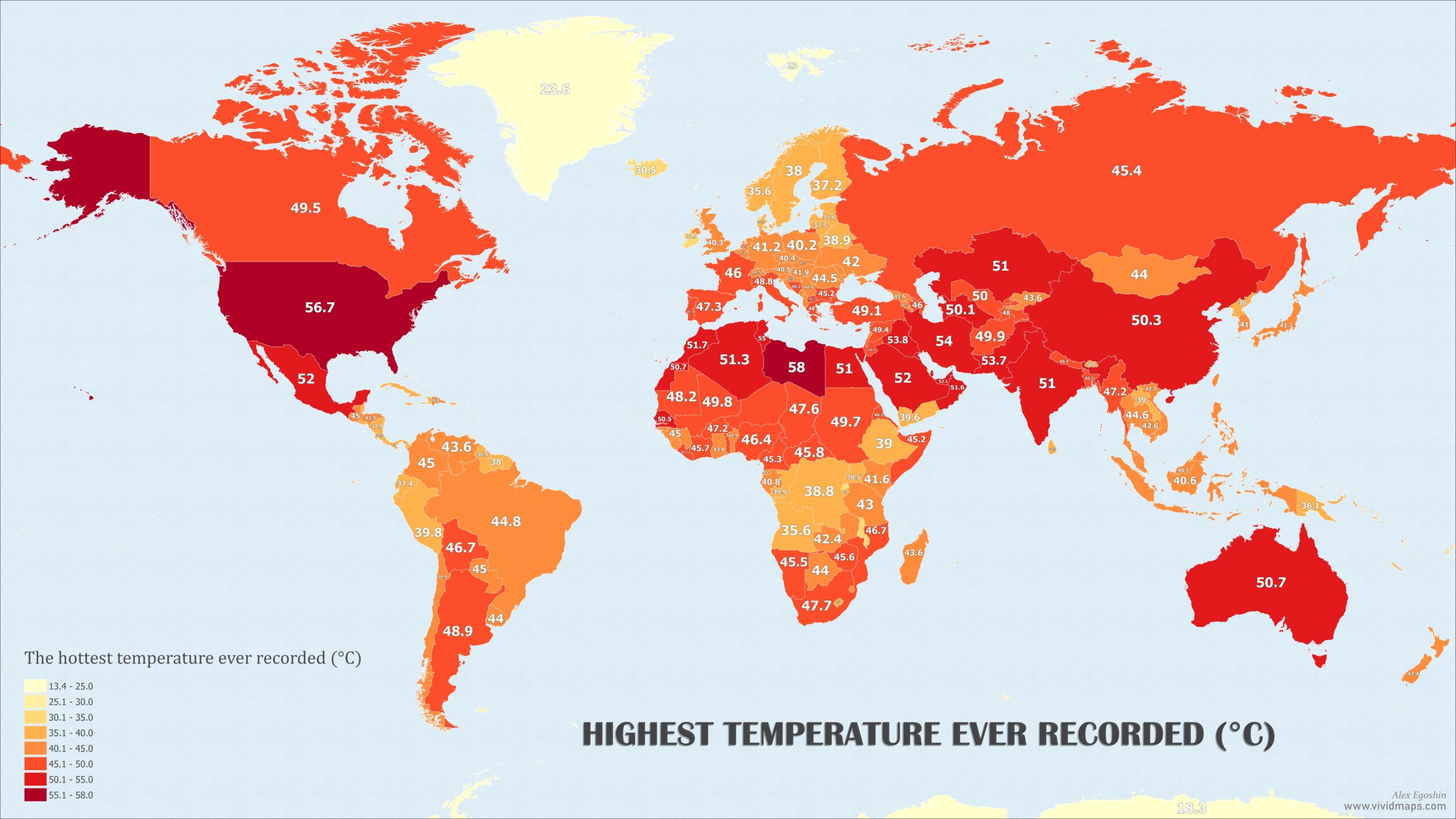 Investing In The Future A Guide To The Countrys Hottest Business Areas
Apr 22, 2025
Investing In The Future A Guide To The Countrys Hottest Business Areas
Apr 22, 2025 -
 Comparing Blue Origins Setbacks To Katy Perrys Career A Surprising Parallel
Apr 22, 2025
Comparing Blue Origins Setbacks To Katy Perrys Career A Surprising Parallel
Apr 22, 2025 -
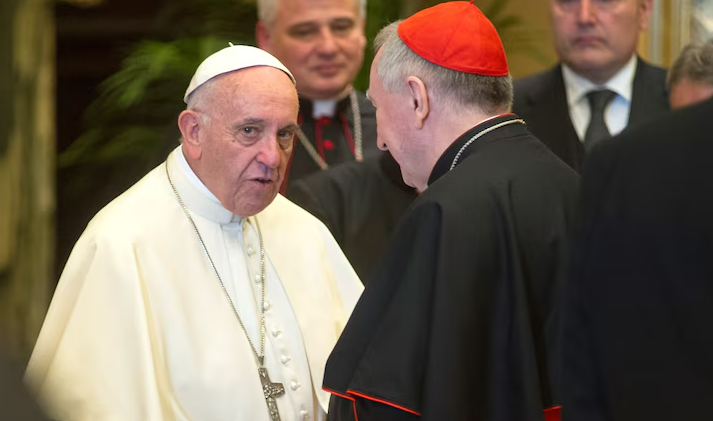 The Selection Of A New Pope Unveiling The Mysteries Of Papal Conclaves
Apr 22, 2025
The Selection Of A New Pope Unveiling The Mysteries Of Papal Conclaves
Apr 22, 2025
